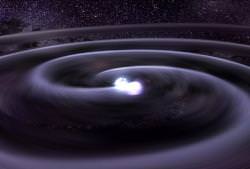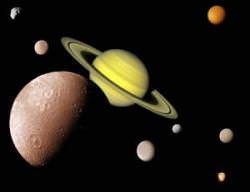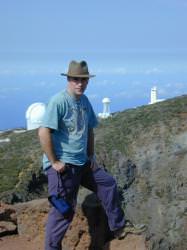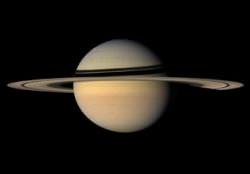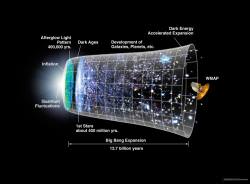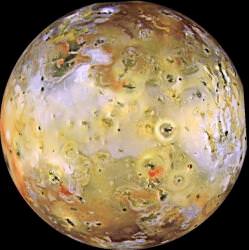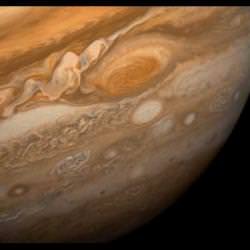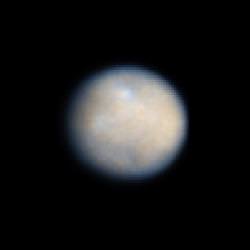There’s a certain kind of supernova that’s totally dependable. Let a white dwarf accumulate 1.4 times the mass of the Sun, and it’ll detonate in an explosion visible clear across the Universe. When astronomers saw supernova 2006gz, that’s what they thought they were dealing with, but hold on, the explosion was much more powerful than you would expect from just a single white dwarf. Maybe two came together in a colossal explosion.
Malcolm Hicken is a graduate student at the Harvard University Department of Physics, and he’s the lead author of the team that made the explosive discovery, published in the November 1st issue of The Astrophysical Journal Letters.

